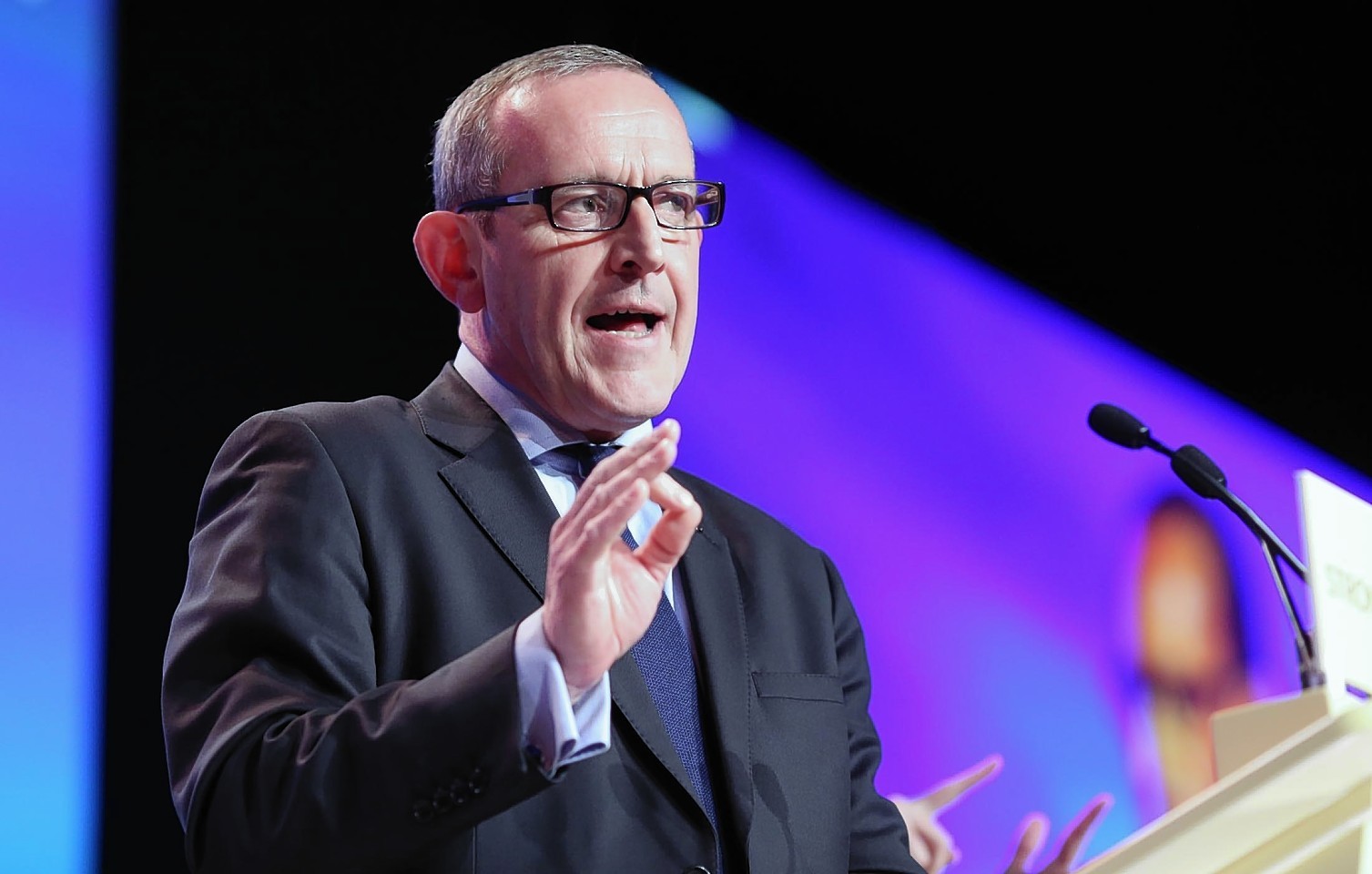SNP deputy leader Stewart Hosie has claimed George Osborne no longer has any chance of becoming prime minister following the UK Government’s double defeat in the Lords.
The party’s Westminster economy spokesman told MPs the prospect of the chancellor replacing David Cameron had gone up in a “puff of ermine-clad smoke”.
His taunt came after peers backed two motions on Monday to delay the proposed £4.4billion cuts to tax credits.
In the aftermath of the votes, Mr Osborne insisted he would press ahead with changes to reduce the welfare bill.
But at Treasury questions in the Commons yesterday, he confirmed he would announce plans to ease the transition to lower tax credits in next month’s autumn statement.
The chancellor, who is seen as a contender to take over as Tory leader when Mr Cameron steps down, faced a noisy reception from MPs.
Mr Hosie accused him of being in “absolute denial” over the policy and said he had “lost his political touch”.
But Mr Osborne hit back, arguing the SNP only wanted to talk about party political gains, rather than “sorting out the mess that this country was in six or seven years ago”.
He added: “As a result of the changes we have made there are hundreds of thousands more people in Scotland with jobs.
“I will go on delivering the reforms to our economy that are needed to help Scotland to continue to grow.”
Shadow chancellor John McDonnell also pushed Mr Osborne on the issue, urging the Tories to reverse inheritance tax breaks for “the wealthiest few” and scale back the size of surplus he is aiming to run by 2020.
As well as dealing with the practical ramifications of the defeat, the argument over claims of a constitutional crisis ensued.
The chancellor said peers had breached the century-old convention that the House of Lords does not block financial decisions made by the Commons.
And Mr Cameron was due to announce details of a “rapid review” of the rules governing the relationship between the two houses of parliament.
But experts were divided on the propriety of the peers’ actions, and Commons speaker John Bercow insisted the Lords had done nothing wrong.
Earlier in the day, Commons leader Chris Grayling rejected the suggestion the defeat indicated the scale of public concern over the tax credit plan, which was not explicitly set out in the Tory manifesto.
He told a radio programme it was “all about” Labour and Lib Dem peers being unhappy they lost the election and deciding they want to “wreck” the government’s programme.
